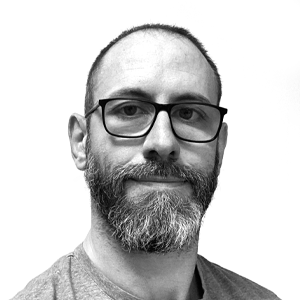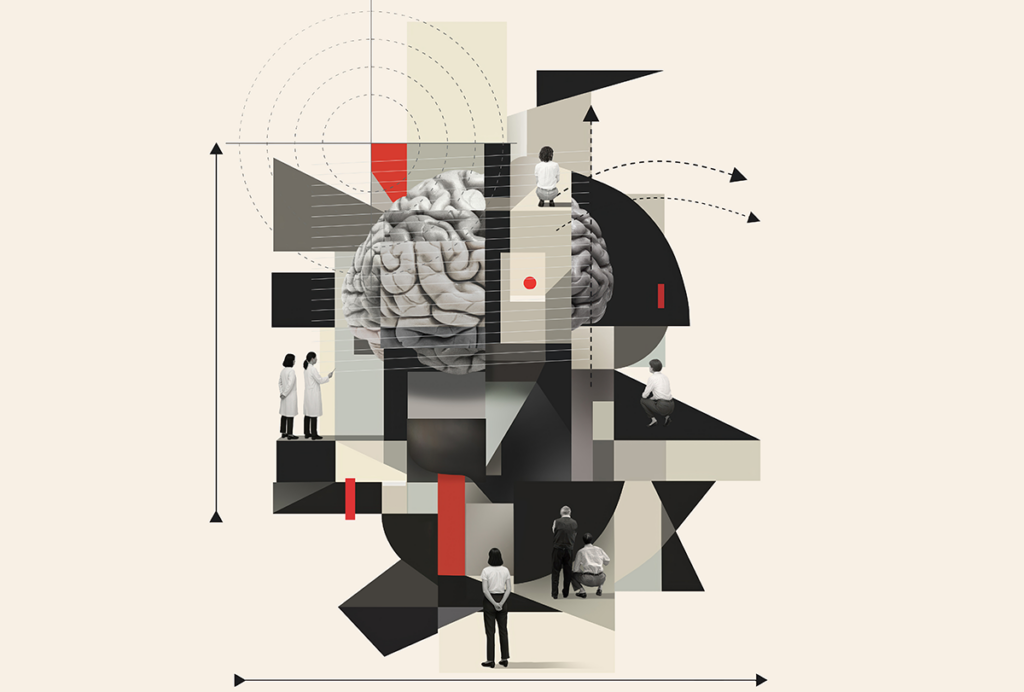Timothy O’Leary is professor of information engineering and neuroscience at the University of Cambridge. His research lies at the intersection between physiology, computation and control engineering. His goal is to understand how nervous systems self-organize, adapt and fail, and to connect these to diversity and variability in nervous system properties.
Originally trained as a pure mathematician, O’Leary dropped out of a Ph.D. on hyperbolic geometry to study the brain. After retraining as an experimental physiologist, he obtained his doctorate in experimental and computational neuroscience from the University of Edinburgh in 2009.
He has worked as both an experimentalist and theoretician, on systems that span the scale from single ion channel dynamics to whole brain and behavior, and across invertebrate and vertebrate species. His group works closely with experimentalists to study neuromodulation, neural dynamics and how sensorimotor information is represented in the brain, more recently focusing on how neural representations evolve over time. He approaches these problems from an unusual perspective, citing engineering principles as being key to understanding the brain—and biology more widely.




